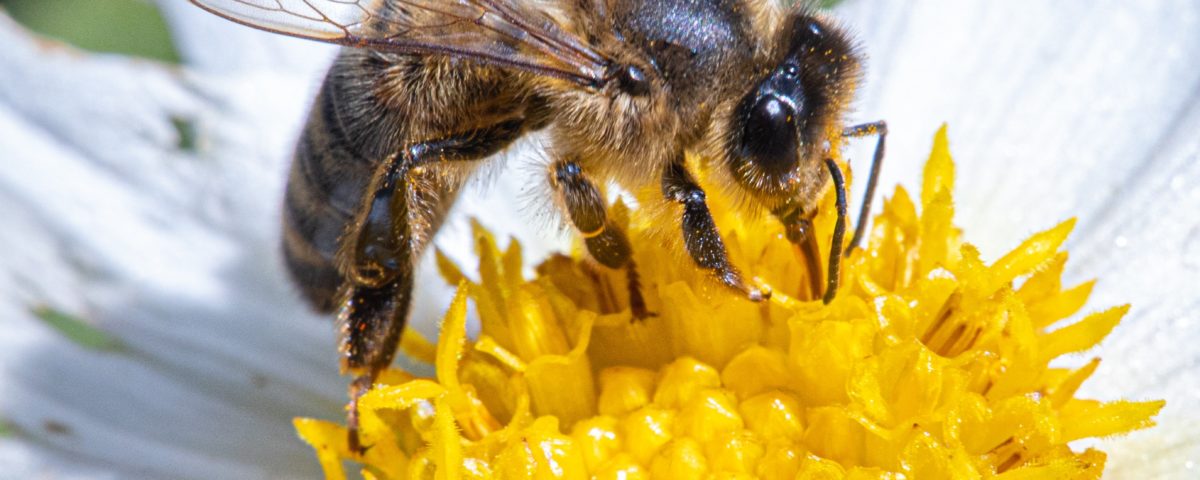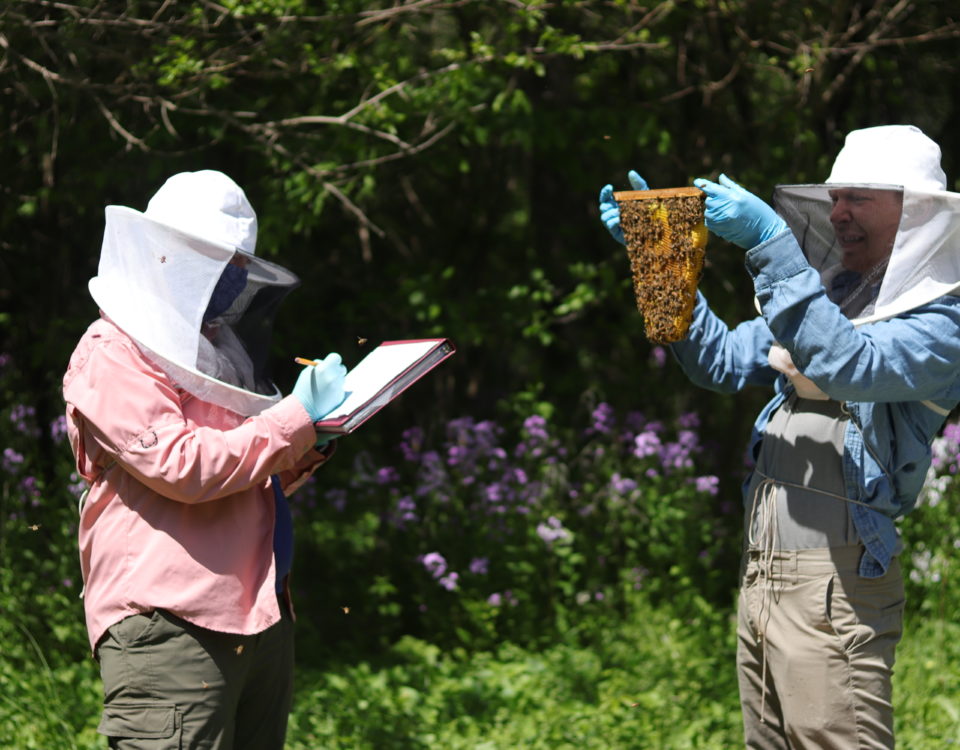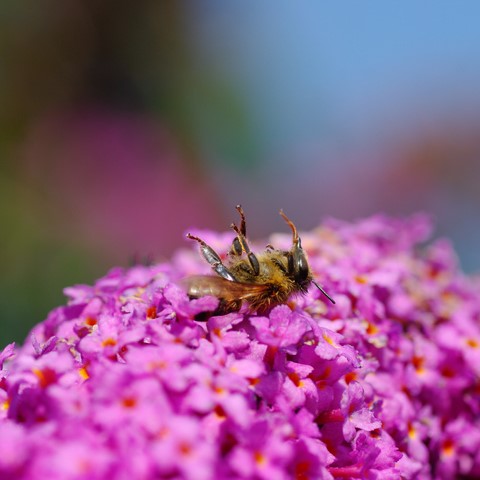- All-In-One Beekeeping for the Bees
- +1-608-728-8233
- info@beepods.com
Bee Folklore for The Darkest of Days

Honeybees, a symbol in folklore from many periods throughout history

Bee folklore is part of the histories of many cultures
Last weekend was the winter solstice, the so-called shortest day of the year (in terms of sunlight, at least.) It’s a spiritual time of year for cultures past and present, with an emphasis on the themes of death and renewal; in Celtic traditions, this is the time of year our souls and the power of nature go through death in preparation for a renaissance. Bee folklore throughout history illustrates these themes.
While it’s dark outside, rituals embrace the lack of sunlight and focus on the undeniable relationship between life and death, darkness and light. Stories focus on the need to embrace this duality in our world. It’s the perfect time to talk about bee folklore because, in many cultural and spiritual traditions, bees are significant participants in the coming of Death.
Today we explore the bee folklore of the Celts, the English, Roman mythology, Greek mythology, and the ancient Egyptians.
Bee Folklore from the Celts
The Celts, who lived during the Iron Age and Medieval Europe, believed bees were intermediaries between this world and the next. They believed bees could help carry messages from this world to the world of the dead, serving as conduits between humans and their dearly departed. Bees were respected for their abilities, so much so, there were even legal documents created with the express purpose of protecting any bee-related practices.
The Brech Bretha was a set of laws that protected beekeepers and beehives. Stealing a hive was considered a capital offense. Plus, anybody who sustained a bee sting and did not retaliate was owed a meal of honey from the beekeeper.
Some people believe the “telling the bees” tradition originated during Celtic times, but this is unclear. Either way, we do know the tradition was most popular in Western Europe and the United States during the 18th and 19th centuries.
England Believed in “Telling the Bees”
If you’ve never heard of “telling the bees,” it’s a tradition that requires beekeeping families to show respect towards their yellow and black companions or risk the consequences. Essentially, any major changes in the family must be communicated to the bees in the hive.
For example, if the beekeeper were to pass away, it was customary to cover the hive in a black veil and to notify the bees their caretaker had passed. Otherwise, the bees might up and disappear, leaving the surviving family bee-less and honeyless. Some people even believed the bees would die of grief if not properly notified.
In one iteration of this tradition, the surviving spouse or eldest son would knock on the hive three times with a pair of keys and recite, “Little bee, our lord is dead; leave not while we are in distress.”
In Cornish traditions, people believed bees might sting the beekeeper to death if the bees were not notified of an impending move. When a beekeeper passed away, Cornish people believed singing to the bees would prevent them from deserting the hive.
“Telling the bees” was carried with immigrants as they came to the United States. There are anecdotal examples, even relatively recently, of what happens should you not tell your bees.
A Modern Example
Charles D. Hitt was a farmer in Missouri who grew watermelons and supported his agricultural pursuits with beehives. When he unexpectedly passed away in 1959, mourners at his funeral were surprised to see a swarm of bees. These bees buzzed around their heads and the grave of Mr. Hitt. As the funeral ended and everybody tried to make sense of what they saw, it became apparent that Mr. Hitt’s bees had deserted their hives. Perhaps, a member of his family should have told the bees of his passing.

The Honeyed One, in statue form
Roman Mythology and the Bees
In Roman mythology, the importance of bees is shown through story. The story of Jupiter and the bee, told by Aesop’s fables, is as follows:
A bee came up Mt. Olympus to give Jupiter a gift of honey. He was so delighted by the gift, he promised her whatever she would like. She asked for the ability to sting the humans who tried to steal honey from her hive. Jupiter was taken aback by the ill-nature of the request and granted it with a caveat: the bee would have the ability to sting if she would like, however it would cost the bee her life.
The lesson here is clear, careful what you wish for as it may come with unintended consequences, especially if your wish has mal intent.
As the story shows, sometimes the consequences for maliciousness is death itself. Bee folklore teaches us how to live.
Greek Mythology and the Bees
In Greek mythology, bees are associated with both life and death. Ambrosia, the nectar of the Gods, is often described as being a form of honey, for example.
On the darker side of things, the Greeks believed openings to rock faces and caves were entrances to the Underworld. Since bees often constructed their hives in similar places, people naturally associated them with death.
Some Greek philosophers believed humans could be reincarnated as bees after they passed. The ancient Greeks believed Cerberus, guard dog for Hades, could be distracted by honey cakes, allowing entrance to the Underworld. Persephone, the wife of Hades, was often referred to as the “Honeyed One”.
Honey was everywhere in the land of the dead, as far as the Greeks were concerned.
Ancient Egypt and Bee Folklore

For the Egyptians, bees were an important part of life and death
When you look back at ancient Egyptian beliefs, bees are everywhere. Bees were seen as symbols of royalty and were a part of everyday life; beekeeping was common in ancient Egypt, with beekeepers moving hives along the Nile depending on the season and what plants required pollination. Bees were just as much a part of death as they were a part of life.
It was common to use honey to embalm and beeswax to seal sarcophagi. Additionally, honey, beeswax, and other hive products were commonly placed inside tombs, often as a way to provide the dead with something to eat on their journey to the afterlife. Some believed the soul of a man took the form of a bee once he passed away.
One book of rituals, Am-Tuat, notes ancient Egyptians believed the voices of souls sounded like the hum of bees. Bees were significant in all parts of Egyptian life.
Think of Bees, Even When It’s Dark
During the darkest times of the year, bees are still valuable. Use the beliefs of cultures, some more ancient than others, as a model for all bees can mean to us. Remember bee folklore as you navigate the darkness. We can think of honey as both nectar and a resource to help us navigate the darkness. If we keep bees, we can make sure we tell them if we have changes in the family, to let them know they are just as much a part of our lives as they are of ours.
See also:
Caitlin Knudsen
Latest posts by Caitlin Knudsen (see all)
- How to Change Your Students’ Lives With Project-Based Learning - November 20, 2020
- Watch The Pollinators to See How We Can All Choose to Change Agriculture - November 13, 2020
- 6 Cold Weather Feeding Tips You Have to Know - November 6, 2020



